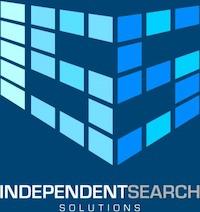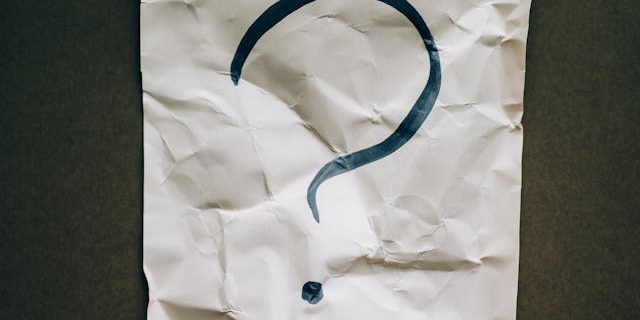The Best Questions to Ask at the End of an Interview
Asking the right questions at the end of a job interview can be just as important as answering them. Not only does it demonstrate your genuine interest in the position and company, but it also provides you with valuable insights that can help you decide if the job is the right fit for you. Here’s a guide to some of the best questions to ask at the end of an interview and why they are effective.
- What are the most important skills or qualities someone in this role should possess?
This question shows that you are eager to understand the core competencies required for the job. It gives you a clearer picture of what the employer is looking for and allows you to highlight how your skills align with their needs. Moreover, it can reveal what the company values most in their employees, which can be helpful information when considering whether you would thrive in their environment.
- Can you describe the company culture?
Understanding the company culture is crucial for determining if you will be happy and successful in the role. This question prompts the interviewer to share insights into the work environment, team dynamics, and the overall vibe of the company. Are they more traditional and formal, or do they promote a more relaxed and creative atmosphere? Knowing this can help you assess whether the company’s culture aligns with your work style and values.
- What are the biggest challenges currently facing the team or department?
Asking about challenges demonstrates your interest in contributing to the team and shows that you are thinking ahead about how you can add value. It also gives you a chance to assess the complexities of the role and whether they match your skills and experience. This question can provide insight into the support you might receive in tackling these challenges and if the company is facing any significant hurdles that could affect your decision.
- What does success look like for someone in this position?
This question allows you to understand what is expected from you and how your performance will be measured. It helps clarify whether the role aligns with your professional goals and strengths. Additionally, it signals to the interviewer that you are proactive and interested in achieving and exceeding expectations.
- Can you tell me about the team I would be working with?
Getting a sense of the team’s dynamics is essential, as it can significantly impact your job satisfaction and productivity. This question helps you understand the size, structure, and culture of the team, as well as the types of personalities you might be working with. It also shows that you value collaboration and are eager to contribute positively to the team environment.
- What are the opportunities for professional development and growth within the company?
This question demonstrates your ambition and interest in a long-term career with the company. It signals that you are looking to grow and develop your skills, which can be a desirable trait for many employers. It also gives you an idea of whether the company invests in its employees’ growth through training, mentorship, or advancement opportunities.
- How has this position evolved over time?
Understanding the history of the position can provide insights into the company’s growth, priorities, and potential future direction. It can also reveal whether the role is likely to change, expand, or even if it has a high turnover rate. This can help you gauge job security and the potential for future responsibilities.
- What are the next steps in the interview process?
Ending the interview with this question is practical and shows that you are organized and eager to proceed. It provides you with a timeline for follow-up and sets expectations for when you might hear back. It also gives you an opportunity to address any additional steps or documents needed, ensuring a smooth continuation of the hiring process.
- Is there anything else I can provide to help you make your decision?
This question is a great way to end on a positive note, showing your willingness to provide more information and your eagerness to assist the interviewer in making their decision. It reinforces your enthusiasm for the position and keeps the door open for any additional communication.
- What do you enjoy most about working here?
This is a more personal question that can help build rapport with the interviewer and give you an insider’s perspective on the company. The interviewer’s response can provide insight into the company’s strengths and whether employees are genuinely happy working there. It also humanizes the interview, making it a two-way conversation rather than just a formal assessment.
Conclusion
The questions you ask at the end of an interview are an opportunity to demonstrate your enthusiasm, clarify your understanding of the role, and determine if the company is the right fit for you. By asking thoughtful and strategic questions, you can leave a lasting impression on your interviewer and gather the information you need to make an informed decision about your career. Remember, interviews are a two-way street—use them to not only sell yourself but also to learn as much as possible about your potential employer







